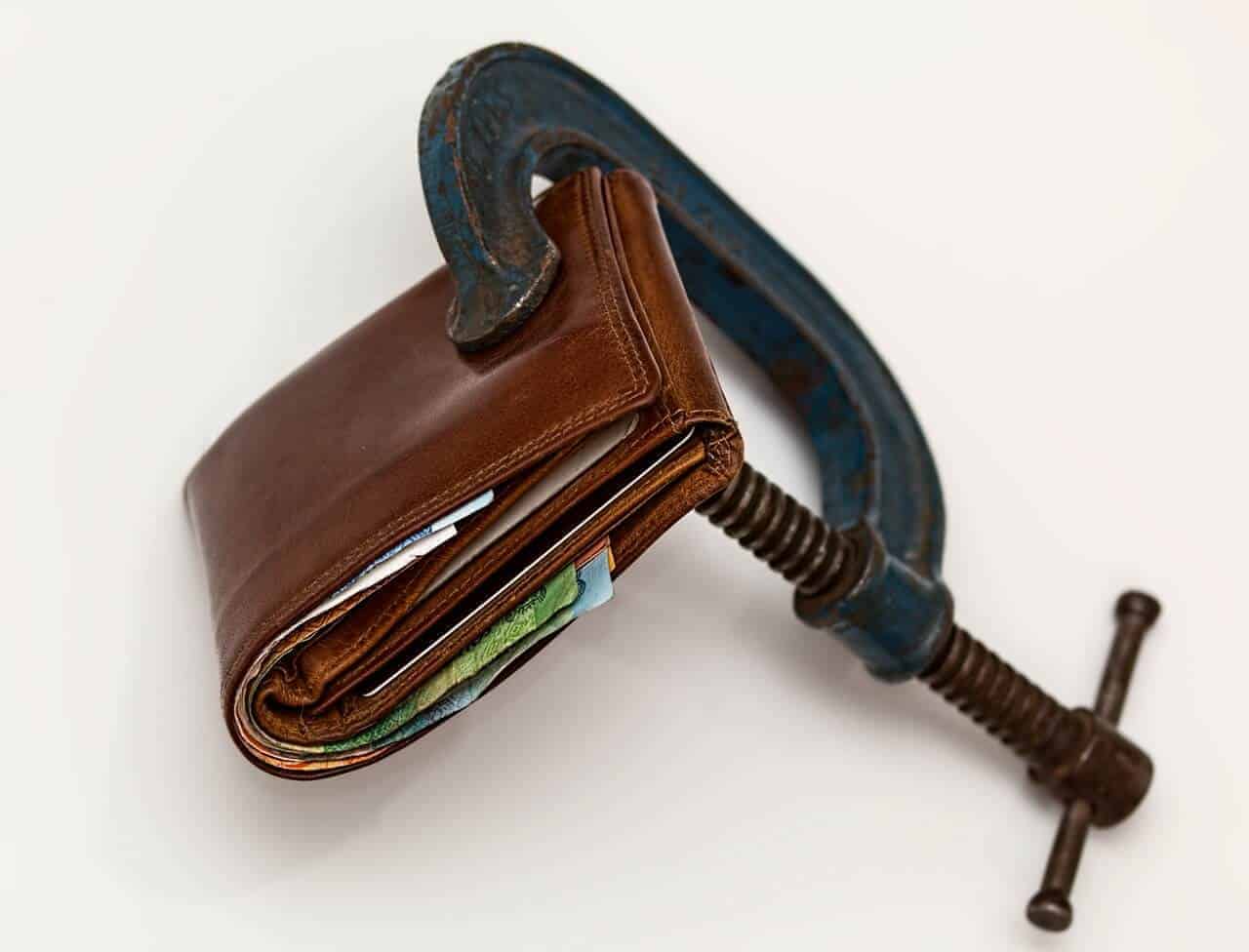What if you can’t make a loan payment? When you were approved for a personal loan, chances are you had every intention of paying it back. But some circumstances are outside of your control, and certain events may take place that hinder your ability to make timely payments.
While finding you’re unable to make a payment is undeniably stressful, the best thing you can do is act quickly and address the incident head-on. Before stressing out because you can’t make a loan payment, be transparent with your lender about the roadblock that interfered with your finances: the job loss, major medical expense, or other unforeseen event. Maybe looking into taking another loan to consolidate all your debts may even be a solution.
Things To Do if Can’t Make a Loan Payment
1. Contact Your Lender As Soon As Possible
If there is a legitimate situation in which you can’t make a loan payment, do not retreat. Avoid waiting the situation out, as simply hoping for things to change won’t do much for your case.
Rather than ignoring the problem, contact your lender as soon as you become aware of it. Contrary to popular belief, lenders are often willing to work with borrowers when they experience difficulties paying back loans. They may even be willing to renegotiate the terms of your loan.
That said, your lender will be much more likely to waive any late fees and push back the default process if you are proactive in your approach. If you are struggling to pay back your personal loan, take action quickly — do not wait for your lender to contact you.
2. Explore Other Avenues to Come Up with the Funds
In the event that your lender is unwilling to renegotiate the terms of your loan, consider brainstorming new ways to come up with the money. You could sell some of your possessions — perhaps a second vehicle, or those kayaks you and your spouse never got around to using — or start looking for a part-time job to supplement your income.
However, even after taking these measures, you may still feel like you’re in a bind. If that’s the case, consider asking a trusted relative to help you out. While this is only a short-term solution to your problem, the support of your family can help you get back on track more quickly, and keep you from falling further behind.
3. Seek External Help
If you prefer not to get your family involved in your financial dilemma, or if you feel you need additional resources, contact a professional who can help you come up with a plan to pay back your personal loan. A reputable credit counselor can create a custom debt management plan, while a bankruptcy attorney will shed light on whether filing for bankruptcy is the best course of action.
In addition, public assistance such as local utilities and the federal government may be able to help you pay your bills until you get back on your feet.
4. Develop a Better Plan for the Future
To avoid facing the same problem down the road, you must create a long-term plan to better manage your debts the next time life brings unexpected surprises. Consider how much money you can realistically set aside each month, and create an emergency fund that you can turn to when you find yourself low on cash.
Accordingly, you can increase your understanding of your own financial situation by coming up with a realistic monthly budget. Track your spending for a month or two, and take back control of your finances. By making smart decisions, you can put yourself in a sound position to start paying back your personal loan.







